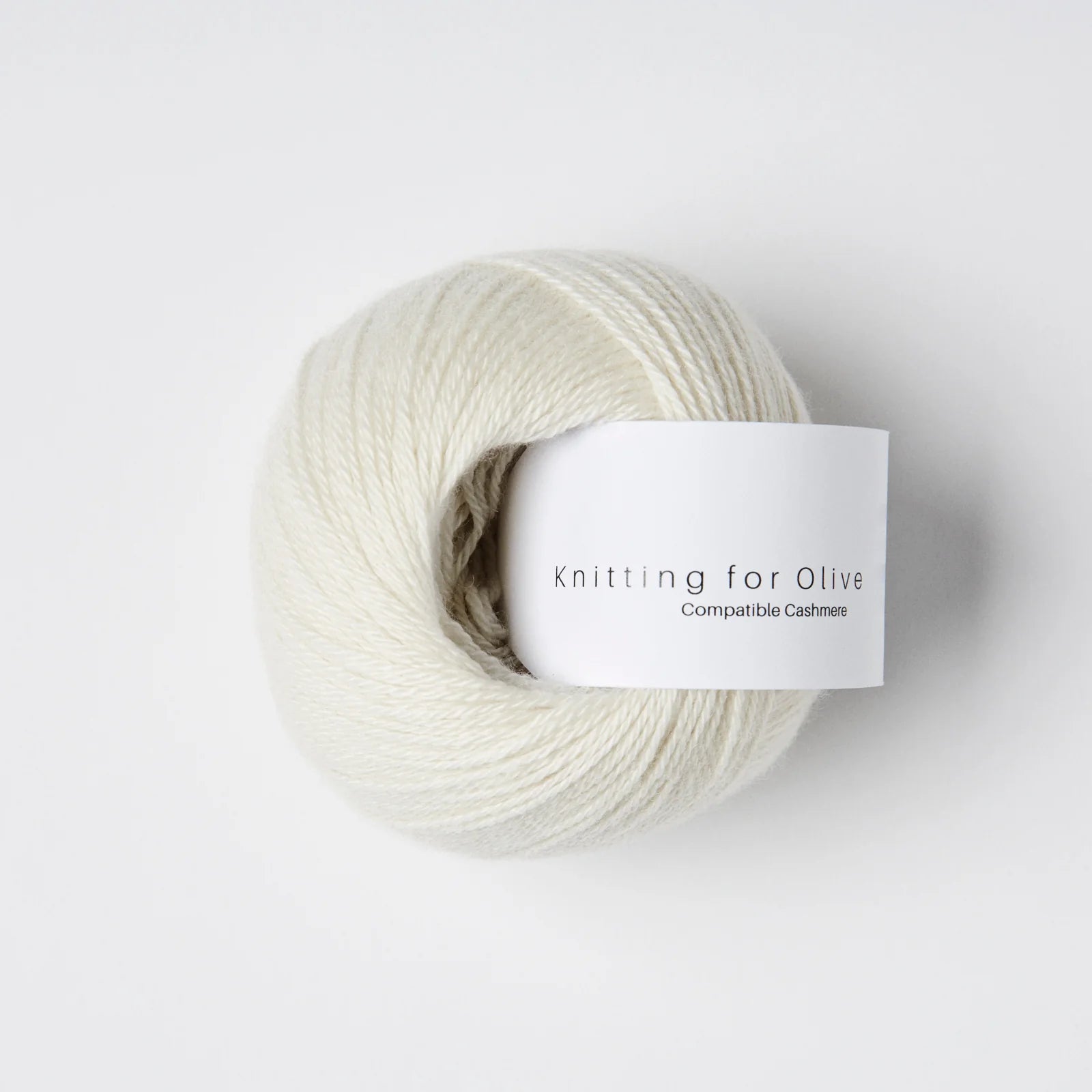The Fascinating Process Behind Producing cashmere Fibre and Its Applications
The Fascinating Process Behind Producing cashmere Fibre and Its Applications
Blog Article
Understanding the Different Sorts Of Cashmere an All-natural Fiber and Their Unique Advantages

The Origins of Cashmere: A Historical Review
While the extravagant touch of cashmere remains to charm modern-day customers, its origins map back to the extreme, chilly climates of Mongolia and the Himalayas. For centuries, the indigenous peoples of these regions have actually been increasing Capra Hircus goats, the prime source of cashmere woollen. These goats, durable against the serious winter seasons, grew a fine undercoat to make it through, which later on ended up being called cashmere. The name itself admires Kashmir, a region in India where the woollen was initially processed. Much of the very early cashmere profession course was promoted by the Silk Roadway, connecting Asia with the Center East and Europe. In spite of its global spread, the finest cashmere is still thought to stem from the initial regions of Mongolia and the Mountain Ranges.

The Manufacturing Refine: From Goat to Garment
Shearing a Capra Hircus goat marks the beginning of the intricate cashmere manufacturing procedure. This delicate procedure generally happens annually throughout spring. The fine, soft undercoat is after that divided from the coarser outer hair, a procedure referred to as dehairing. The resultant raw cashmere is after that cleaned to get rid of impurities such as vegetable, oil, and dirt matter.
The tidy fiber goes through coloring, spinning, and weaving, or knitting, to transform it right into a fabric. Complicated treatments such as top quality control checks and completing procedures follow, guaranteeing the end item maintains the glamorous requirement anticipated of cashmere. This meticulous process, from goat to garment, justifies the high price connected to cashmere products, making them an icon of deluxe and improvement.
The Numerous Kinds of Cashmere: A Thorough Evaluation

The One-of-a-kind Benefits of Cashmere: Comfort and Sustainability
Moving from the variety of cashmere types to the advantages they supply, comfort and sustainability stand apart plainly. Cashmere, a natural fiber, is renowned for its unrivaled soft qualities, supplying a level of comfort that artificial fibers can't match. The product's lightness, yet remarkable warmth retention, makes it suitable for all periods. Cashmere's natural elasticity enables it to return to its initial form, making it resistant to extending or diminishing.
When it pertains to sustainability, cashmere is eco-friendly and naturally degradable, as it's harvested from cashmere goats who regrow their coats each year. what is cashmere. Unlike synthetic fibers which can take hundreds of years to decompose, cashmere's influence on the setting is minimal. This combination of convenience and sustainability makes cashmere a beneficial option for mindful customers

Taking Care Of Your Cashmere: Upkeep and Conservation Tips
While cashmere is certainly straight from the source a lavish and lasting selection, it requires certain like keep its quality and expand its lifespan. To start, cashmere should be reference hand washed using cold water and a moderate detergent. Prevent wringing the garment or twisting as it can harm the fibers. Rather, delicately eject excess water and lay it level on a towel to completely dry. Cashmere products need to be kept in a completely dry and cool area, away from straight sunlight and wetness. Utilizing moth repellents can protect these garments from possible damage. It's a good idea to avoid hanging cashmere to avoid extending. Instead, layer and shop them appropriately to keep their shape and high quality over time.
Spending in Cashmere: Understanding Its Worth and Well Worth
Although cashmere may initially appear like a costly investment, its lasting worth and worth ended up being noticeable when you consider its impressive top qualities. Recognized for its unrivaled gentleness and heat, cashmere is a premium all-natural fiber that outshines other materials. Spending in cashmere, consequently, is not just regarding existing fashion patterns, yet regarding embracing a sustainable, long-lasting, and lavish way of life.
Final Thought
In recap, the kind of cashmere one picks, be it Mongolian, Chinese, or Italian, is dictated by individual choices for heat, budget plan, sustainability, and deluxe. Understanding the origins, production process, and unique benefits of different types of cashmere can lead consumers in their financial investment in this extravagant all-natural fiber.
Whether it's the extraordinary heat of Mongolian cashmere, the cost of Chinese cashmere, or the eco-conscious production of Italian cashmere, there's a story to be discovered behind each fiber kind. Cashmere, an Visit Your URL all-natural fiber, is renowned for its exceptional gentleness, offering a level of convenience that artificial fibers can't match.When it comes to sustainability, cashmere is eco-friendly and sustainable, as it's gathered from cashmere goats who regrow their layers each year. Recognized for its unmatched softness and heat, cashmere is a costs natural fiber that outperforms other products. Understanding the origins, production procedure, and unique benefits of different types of cashmere can guide customers in their investment in this luxurious natural fiber.
Report this page